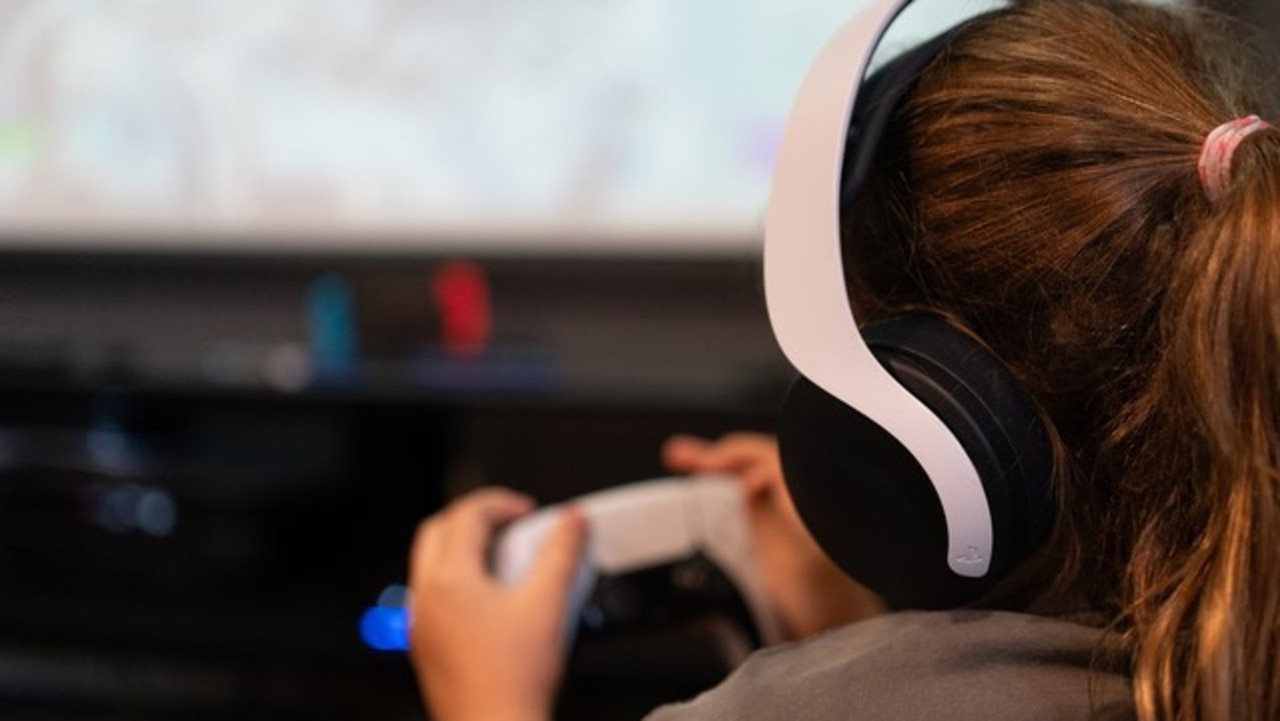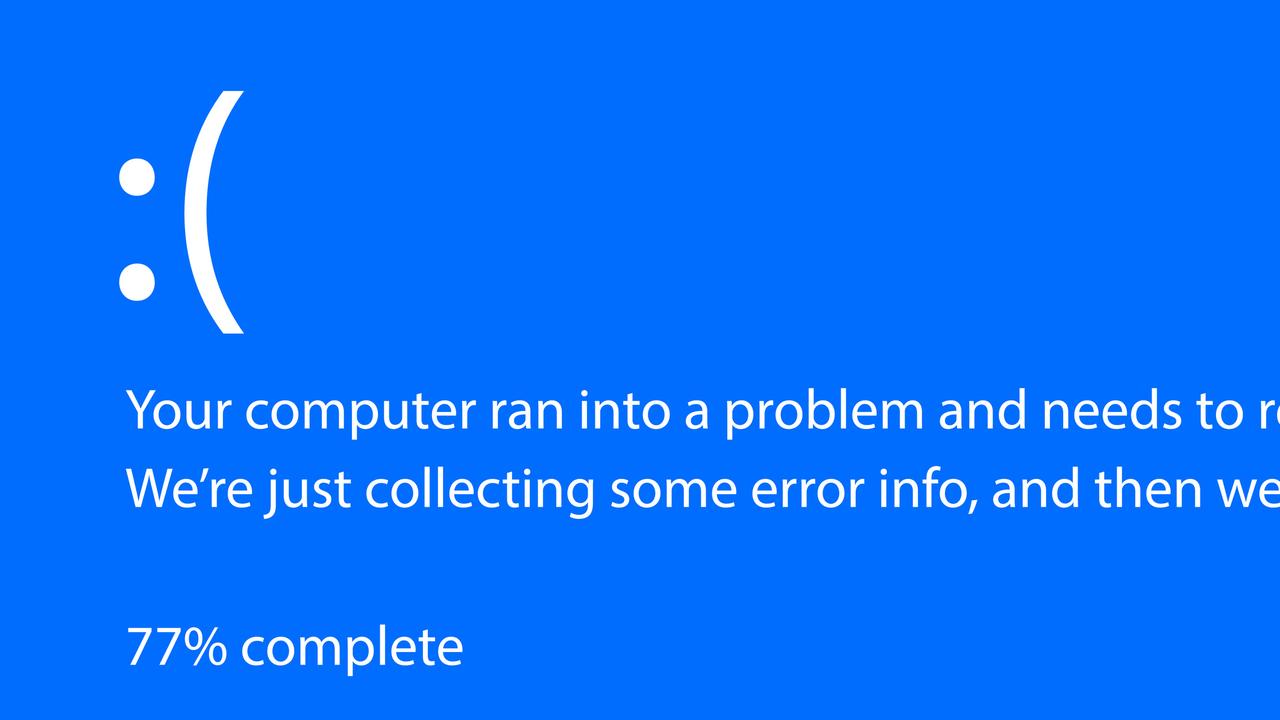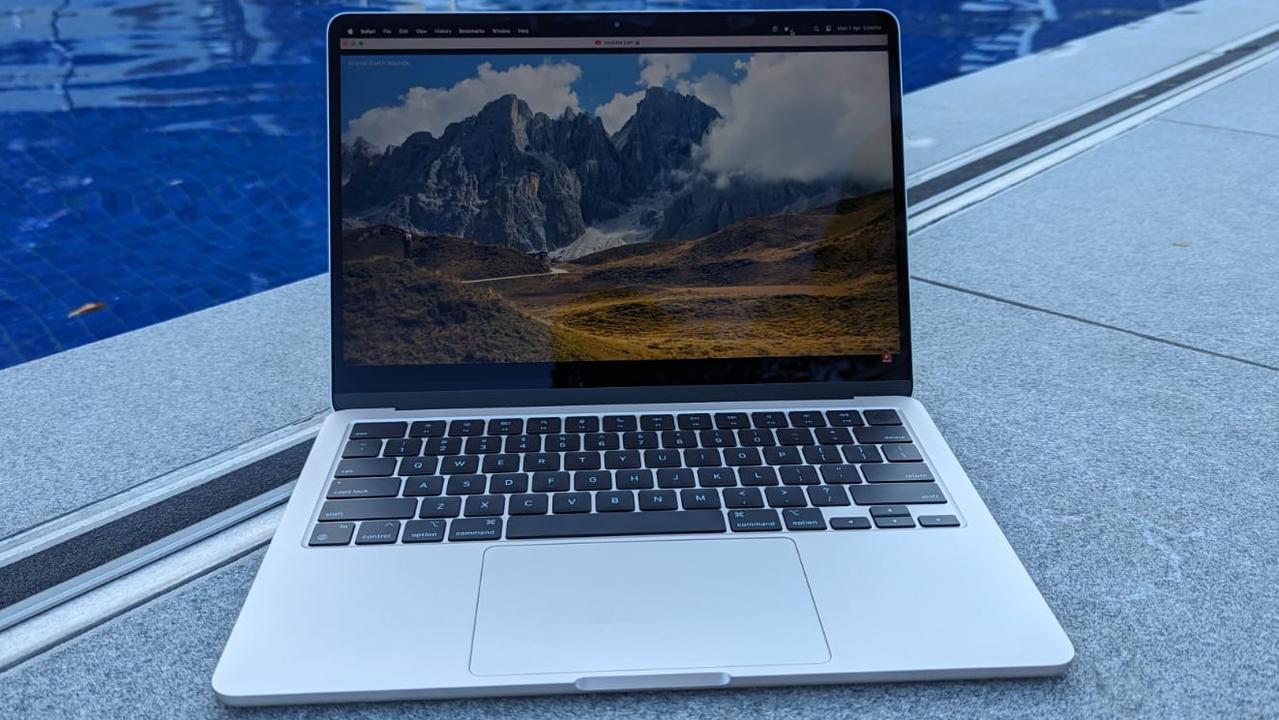Intel Developer Forum: Computers will be getting personal
INTEL’S developer forum has taken a step away from silicon chips to unveil what it sees as the future of computing: wearables.
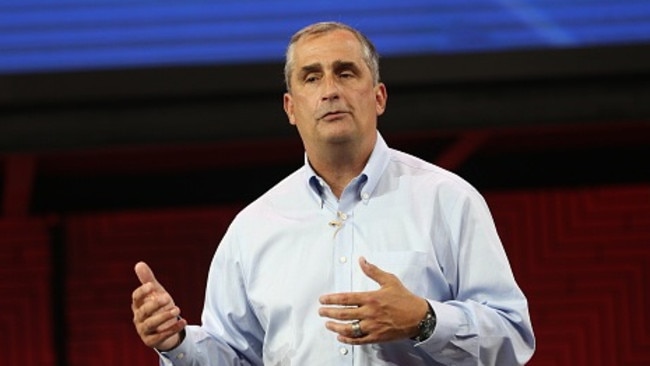
THE makers of the silicon chips that sparked the computer era today predicted a future where computers get truly personal.
In a keynote speech to open the Intel Developer Forum in San Francisco, Intel CEO Brian Krzanich outlined a vision of the Internet of Things.
From the Nabi car seat clip that make a parent’s phone emit a warning if they forget their child in the back seat to shopping centre mirrors that digitally change your outfit and email your options to a fashionista friend, everything will be smart and connected.
“Computing is everywhere. It’s everywhere in our lives today, it’s in our bags, our clothes, our homes, our cars. In just about everything we do, computing is there with us,” Krzanich said.
“What is changing is that computing and the computing experience is becoming personalised. Our physical environment becomes alive with wearables.”
Live demo of the BMX Sensor developed by Intel! #IDF15 pic.twitter.com/1jt7Gz41RQ
— Intel Software (@IntelSoftware) August 18, 2015Intel conferences are traditionally headed by keynote addresses in which the tech giant announces the next generation of PC chip and presents a road map of how it is progressing down the path of Moore’s law of shrinking processors with increasing power.
That formula was ditched this year as Krzanich demonstrated an army of dancing robotic spiders that can be controlled by a flick of the wrist. He also predicted how the future of sports is set to change with embedded technology, providing a demonstration of how sensors and Intel’s tiny Curie module can be put onto a BMX bike to give real-time analytics on every turn and trick.
So, this is Big Mama. It was one of a frightening number of robotic spiders shown off at the Intel Developer Forum … pic.twitter.com/Bg1dOB2M6x
— Infinte Plus Tech (@InfinitePlusT) August 18, 2015Krzanich said the future of computing was being driven by three assumptions: as computing becomes ultra personal, you want that computing to have sight, sound and touch; everything can become smart and connected in the Internet of Things; and, as computers become an extension of the user, the physical environment comes alive through the power of wearable devices.
“Computing used to be confirmed to really a two-dimensional world,” Krzanich said.
“That’s not enough in today’s world. We want our devices to become more like humans. Talking to a device should feel more like a two way conversation.”
One of the big concerns of the Internet of Things, in which almost every device is smart and connected to the internet, is security. Intel demonstrated one solution to simplify password requirements with a bracelet that logs you onto a computer as you approach it and keeps you logged on until you take the bracelet off of your wrist.
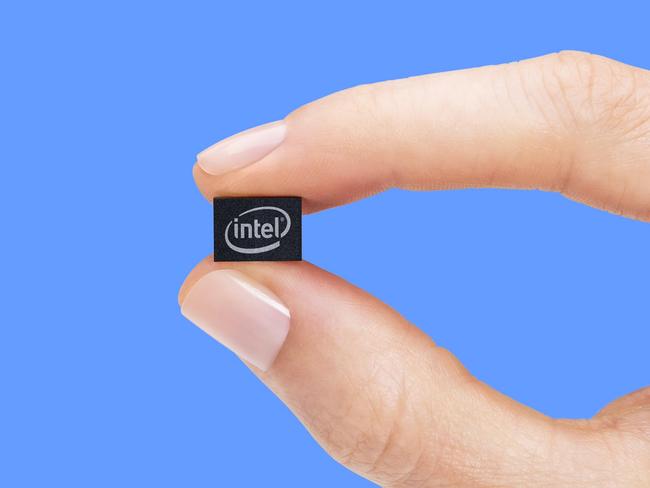
While the keynote presented big picture predictions, there was also announcements of real-world products about to come to market as a result of collaboration with Intel.
Vending machine maker N&W is about to roll out smart vending machines across the United States that identify the gender and age of the person using the machine and sends data on the time taken in making a selection to the cloud.
Fashion-brand Fossil unveiled an Android Wear smartwatch that looks similar to the popular Moto 360, and smart bracelets which it will be releasing worldwide in October.
The Memomi Mirror, already on trial in a handful of stores, is about to get rolled out across the United States. The mirror can alter the colour of the outfit you’re wearing to give you a choice of styles without the hassle of changing outfits and can email your reflection in digitally altered clothes to a fashionista friend of your choice.
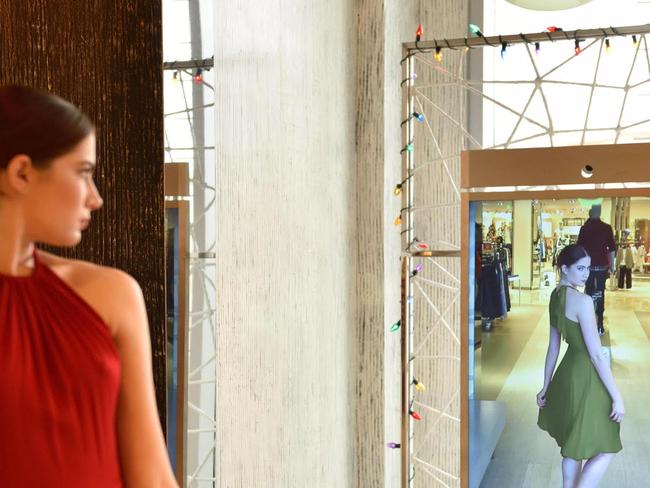
And for those who think they have the right idea for the next big thing in the wearable technology world, Intel announced a deal with producer United Artists Media Group CEO Mark Burnett for a reality TV show airing next year called America’s Greatest Makers in which developers compete for a $1 million prize.
The catch, for Australia’s next generation of smart designers, is that you have to be a US resident to enter the show.
Rod Chester flew to San Francisco as a guest of Intel.

